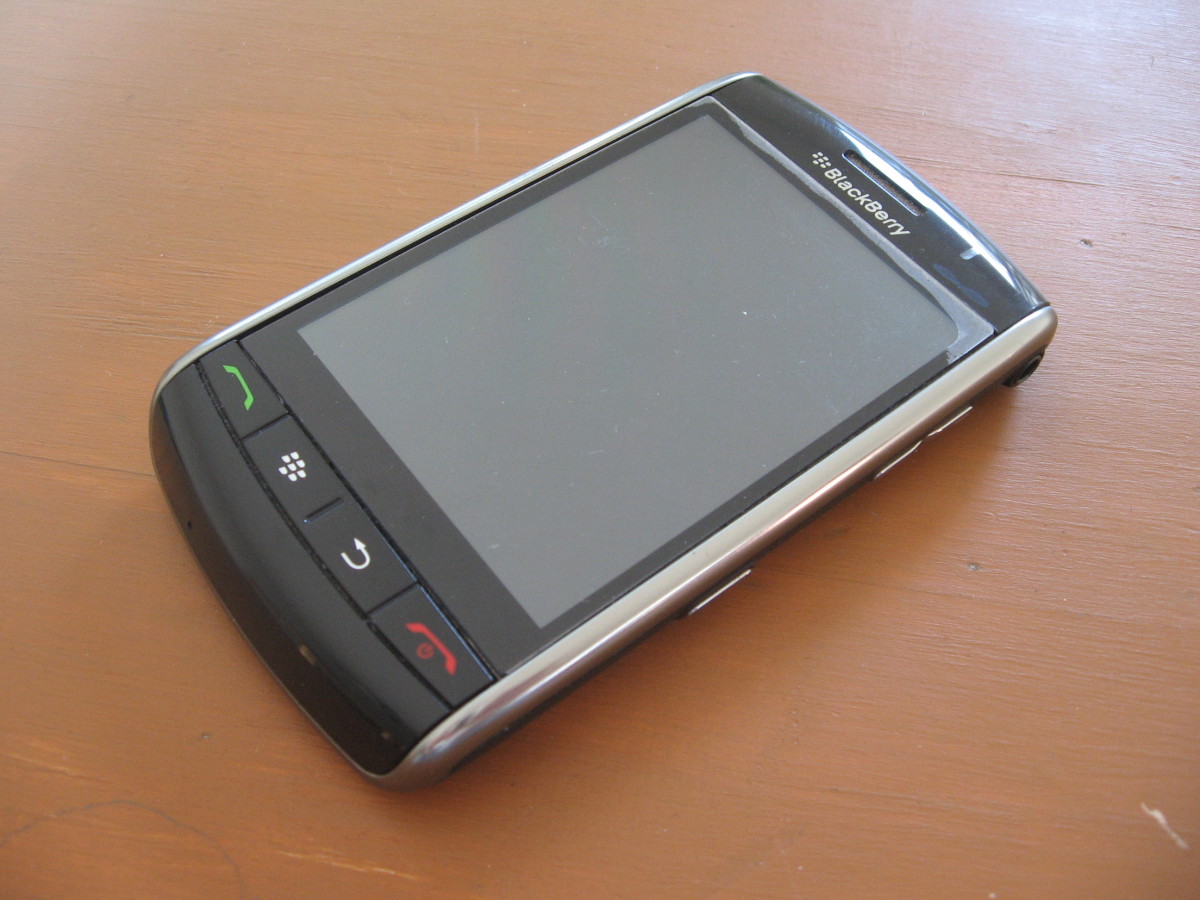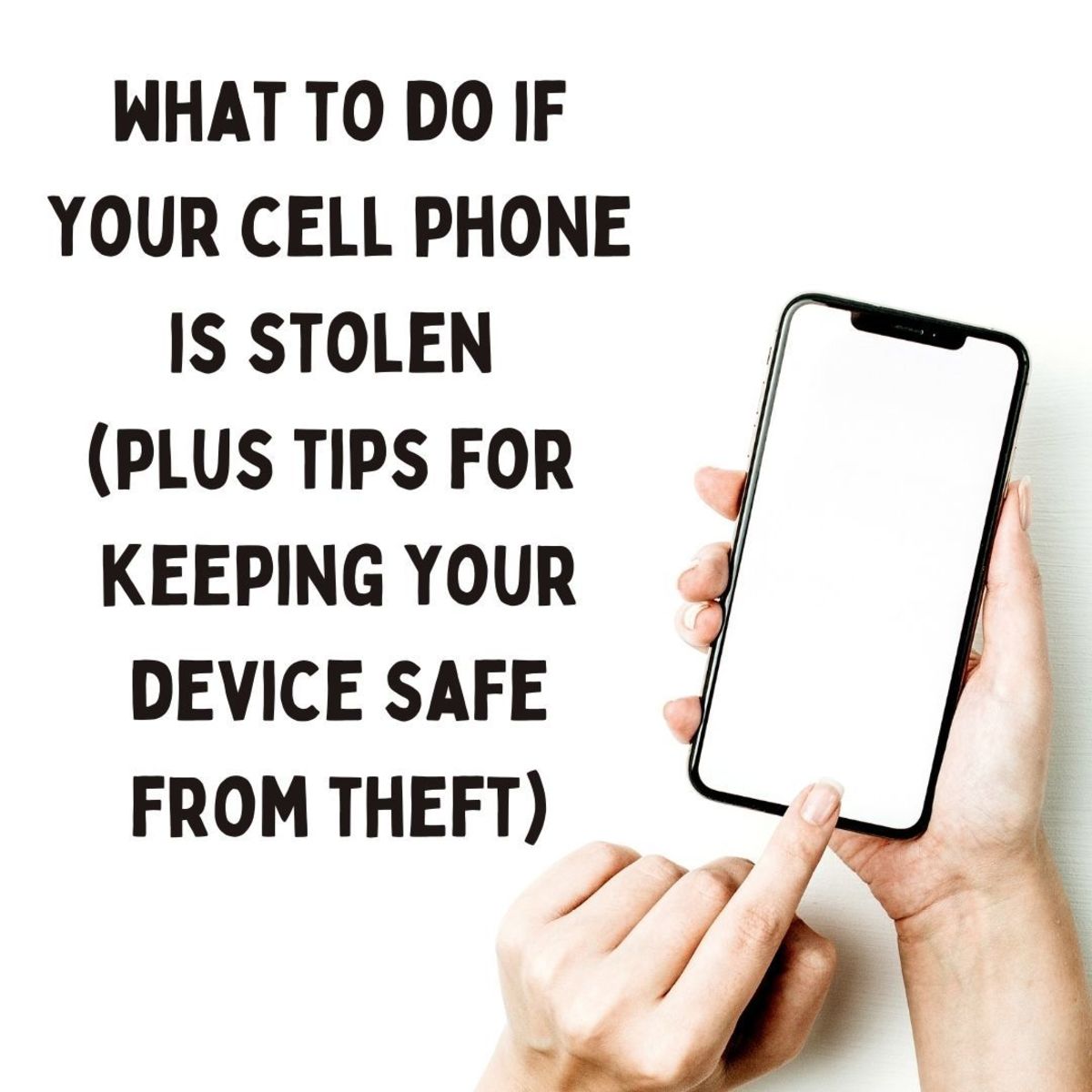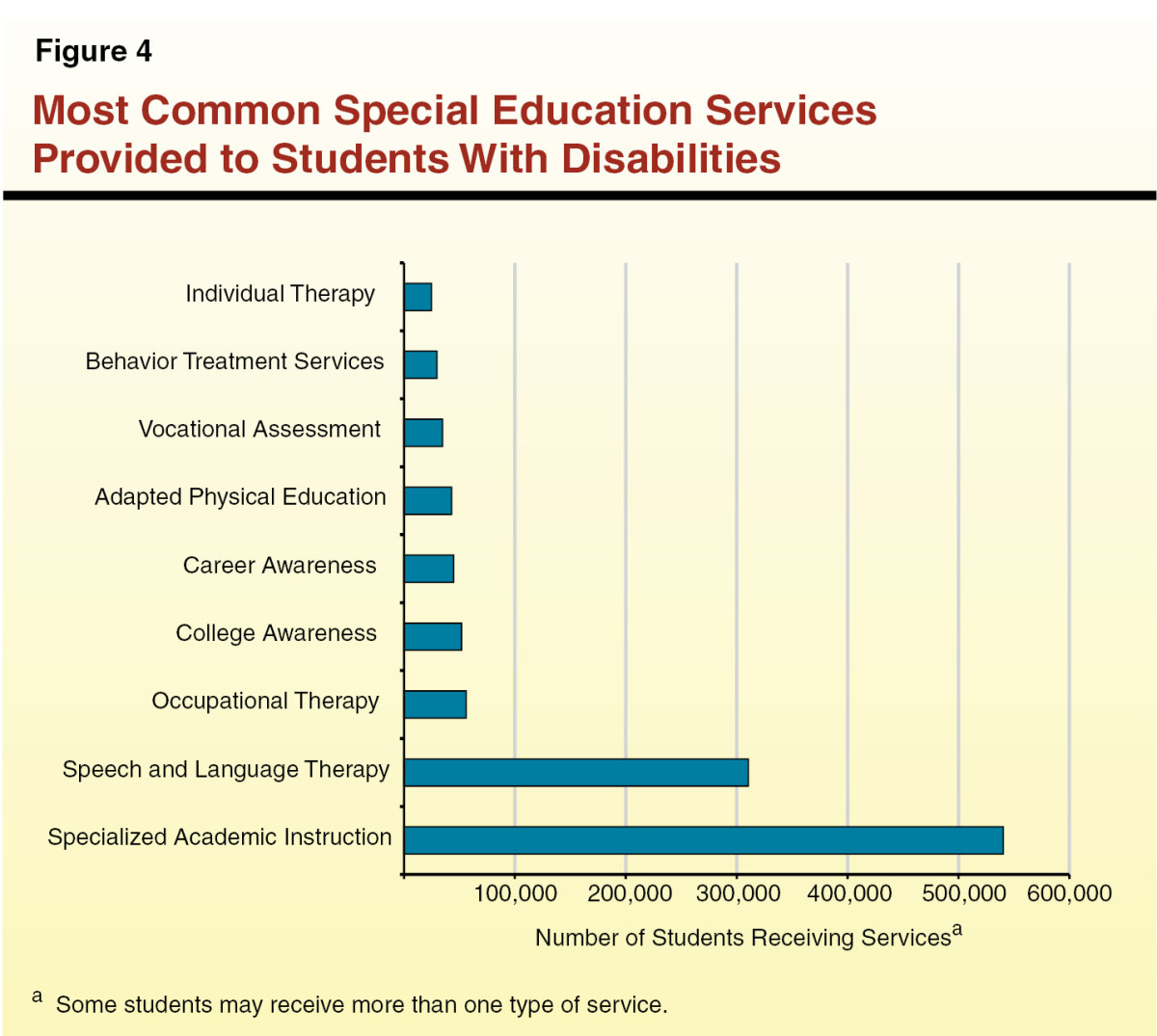Ontario's Cell Phone Ban: Nothing Changes
Use Your Phone For Good, Not Evil, Kids

The Cell Phone Ban Is Pointless
"Ontario students will no longer be able to use their cellphones in classrooms starting Monday," says one tagline from CP24 about the Ontario cell phone ban in classrooms that takes effect today (November 4).
Of course, seeing that, there are doubtless many parents who are happy to see that, particularly since it should come as no surprise that student cell phone use is among the top distractions for students during instructional time. A little bit of digging, however, reveals that it's not truly a "ban."
A ban on anything suggests that the thing being banned is not to be used, period. However, the same CP24 article states that "Exceptions to the ban will be made if the devices are required for health and medical purposes, to support special education needs or if an educator says it is necessary for the lesson."
Translation: it will be business as usual for most Ontario teachers, at least as far as cell phone use is concerned in their classrooms.
When then-Ontario premier Dalton McGuinty proposed that cell phones be allowed in Ontario classrooms several years ago, it was pretty clear he would be setting Ontario classrooms on a slippery slope, at least as far as student focus is concerned. Do teachers do their absolute best to keep students engaged, with all eyes on them as much as humanly possible? Absolutely, but teachers did that long before cell phones were even a thing. Do teachers try and use technology in such a way that they are good instructional tools for students, rather than mere distractions from the task a hand? Again, yes.
Can teachers absolutely control how students use their phones when they are not standing over a student's shoulder? Can teachers control the fact that some students simply work better listening to music, or that parents might text their child during instructional time to let them know they have shown up to take them to an appointment or whatever?
These are just some of the issues that might crop up in a classroom where students have cell phones.
Teachers also have incorporated into their daily plans activities such as kahoots, or activities where websites such as wordreference.com or any other site used for research might be used. While the ban does state that if a student is not using their phone for instructional purposes, they shouldn't be on it at all, it's really difficult to ensure that out of a class of 28, all 28 students are absolutely using their cell phone powers for good.
Also, there appears to be minimal direction from the Ford government as to how this ban should be implemented. If a student is on their cell phone for whatever reason during instructional time, should they be sent to administration for discipline? What about kids who might have cell phones as tools to deal with mental health conditions such as anxiety? "Health and medical purposes" is a pretty broad catch-all for exceptions to the proposed ban. It easily incorporates medical conditions like diabetes; I have a young friend whose condition is steadily monitored via an app on his and his mother's cell phones. However, if a student needs to use a meditative app in order to get a grip on his or her anxiety, or if there's a specialized component on his or her phone they use regularly in order to cope with whatever is going on in their world via journaling, does that all slide under "health and medical?" One would hope so, but given that we still don't always understand the extent to which mental health conditions, for instance, might impact a student's well-being, the ban becomes a little unclear.
In addition, what if students start bringing their laptops instead of using their "banned" cell phones in order to continue to do as they see fit? Granted, it's really hard to Snapchat on a laptop, given Snapchat is a mobile app, but by the same token, students can still access a wealth of distractions on their laptops. Do we start then banning laptops?
In all honesty, cell phones really have little place in a classroom; teachers were able to conduct their lessons without the technological distraction that cell phones provide for years prior to their implementation in a class. However, now that this supposed "ban" - which in many ways just still leaves the decision about cell phone use up to a teacher's discretion as to whether or not it's being used in the first place - has come into effect, are we now making teachers' jobs more difficult by giving them one more thing to somehow police, in addition to the other responsibilities they have on a daily basis?








